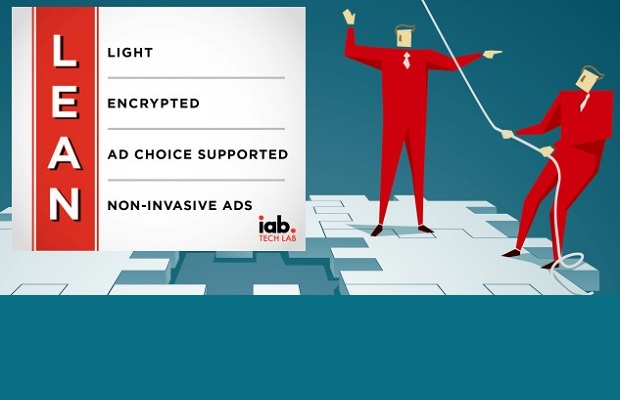In a surprising U-turn, the Interactive Advertising Bureau has admitted it has cared too much about revenues and too little about user experience and needs to accept blame for the rising popularity of ad blockers.
In response, the ad watchdog is launching a new project entitled L.E.A.N. Ads, with the acronym standing for Light, Encrypted, Ad choice supported, Non-invasive.
The guidelines don’t replace earlier issued standards, rather the update provides an alternative set of principles offering choices for marketers, content providers, and consumers, according to the IAB.
This includes addressing the number of ads served on a page, capping the number of times a user is served with the same ad, plus posing those that use ad block software with the option of paying for content, or simply deny their services to them.
“We messed up,” said Scott Cunningham, senior VP of technology and ad operations at the IAB. “Looking back now, our scraping of dimes may have cost us dollars in consumer loyalty.”
“Through our pursuit of further automation and maximisation of margins during the industrial age of media technology, we built advertising technology to optimise publishers’ yield of marketing budgets that had eroded after the last recession,” Cunningham said in a bold statement about its Lean Ads programme.
“Looking back now, our scraping of dimes may have cost us dollars in consumer loyalty. The fast, scalable systems of targeting users with ever-heftier advertisements have slowed down the public internet and drained more than a few batteries.
“We were so clever and so good at it that we over-engineered the capabilities of the plumbing laid down by, well, ourselves. This steamrolled the users, depleted their devices and tried their patience.”
IAB thinks that it’s time to scale back, think of the consumer and their security, and acknowledge that ad blocking, while a threat to the internet, is a reaction to the actions of industry.
The recommendation is that less is more, and that the industry should use ads sparingly but precisely.

